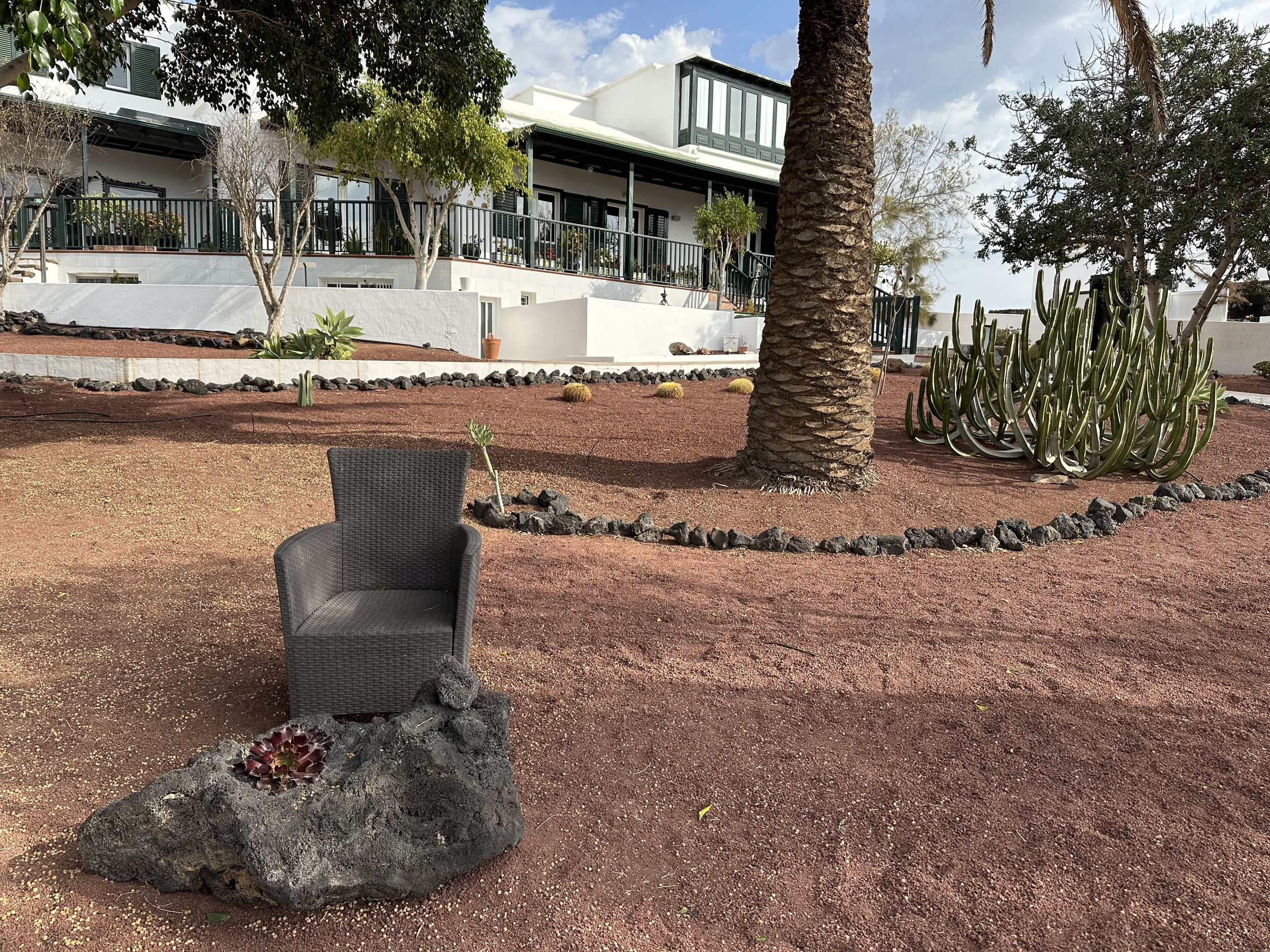Saramago on ‘Blindness’
"Enlightenment is man's emergence from his self-imposed immaturity. Immaturity is the inability to use one's understanding without the guidance of others. This immaturity is self-imposed when its cause lies not in a lack of understanding, but in a lack of determination and courage to use it without the guidance of others. Dare to know! Courage to use your own understanding! - This is the motto of enlightenment."
- "An answer to the question: What is Enlightenment?", Immanuel Kant, 1784
"Why have we gone blind, I don't know, perhaps one day we will know the reason, Do you want me to tell you what I think, Say, I don't think we have gone blind, I think we are blind, Blind who see, Blind who, seeing, do not see."
- "Essay on Blindness", José Saramago (Nobel Prize for Literature, 1998)
Image: Presidencia de la Nación Argentina, CC BY 2.0
In Tavira Municipality, the yoke of emotional abuse from a fascist dictatorship still takes revenge upon descendants of its originators. Long after acquiring the capacity for independent thought, many fail to use it and allow others to act as their guardians. Kant’s appeal for “freedom to use reason publicly in all matters … before the entire literate world” is echoed by Saramago’s appeal for intelligence and accountability to triumph over despair and desperation. Speaking about ‘Essay on Blindness’ in 1995, Saramago said, “Through my writing, I've tried to say that we're not good and that we need to have the courage to recognise that.”
This review includes a profound reading of a passage from the sequel to Blindness, about how abusers of power remain calm whilst their victims panic.
Not being invited to a rigged “owners’ meeting” of a fake “Aldeamento” on 20th January 2024, instead I attended a public event in Tavira for the opening of an exhibition about the Ancient Roman town of Balsa and, low and behold, who should I meet but the Mayor of Tavira! When I asked why she had failed to respond to dozens of letters and requests for information, she replied - in abject denial of responsibility - that I must report crimes to police.
On 22nd January, I visited Town Hall of Tavira and asked again for answers to questions. The mayor's secretary said she was ordered to tell me "the town hall has nothing to do with Pedras d'el Rei and questions will not be answered”; my request for this in writing was refused and the secretary said she had orders to call police if I asked any more questions; immediately she picked up the phone and said, "I'm calling police”, before I had even formulated another question. Forced to leave by that threat, the secretary threatened me again as I departed, “If you ever enter this building again you will be arrested by police". That encounter followed many months of continual prevarication in response to requests for information. I have also provided precise explanations, in writing and in person, about how Tavira Town Hall facilitates organised crime by denying Portuguese sovereignty over an entire village within its territory.
In Tavira Municipality, tribal patronage and clientelism retain more prestige than Constitution of Portuguese Republic amongst many public servants and citizens. Flaws in legislation make some civic or occupational duties subject to whim, whilst many do only the minimum possible, deflect responsibility and prioritise “superior orders” over rational thought. Some Portuguese opine that criminal behaviour is not wrong until the day it is proven by a court: they simply refuse to think, “Blind who, seeing, do not see.” Whether mental capacity is delegated to a natural or supernatural authority is obscure, but many humans immediately become blind and incapable when the subject of “crime” is mentioned, delegating all duty (to stop ongoing crime) to a “public prosecutor”. This subservience to authority is so ingrained that many think they must wait for official permission to abstain from complicity in crime.
By denying legal rights to homeowners in the entire village of Pedras d’el Rei - throughout decades, for the purpose of imposing private and illegal taxes - dozens of public and private sector workers are complicit in crime against the republic. Presidents of the respective town and the parish councils both renounce all responsibility for the village (including vast economic revenues from private use of public land for tourist purposes); CTT refuse to deliver mail to its residents and private security guards intervene in public and private spaces where they have no remit. Action by the public prosecutor alone is inadequate. Administrative decisions and actions are required by numerous entities, for Pedras d’el Rei to be incorporated into Portugal, e.g:
The President and/or Government of Portugal must instruct Tavira Municipality to assert the sovereignty of Portugal over public roads, gardens and infrastructures in and around Pedras d’el Rei. By doing so, vast regular revenues - to fund public services - are possible via concessions for private use of public land in a tourist hotspot. Pedras d’el Rei also requires to be acknowledged as an integral component of Santa Luzia Parish (it could be renamed as “Parish of Santa Luzia and Pedras d’el Rei”).
CTT must proactively cooperate with Tavira Municipality to enable it to perform its duty of delivering private mail to intended recipients within Pedras d’el Rei village (not to an anonymous corporation and not on a dirt track outside the village). Meanwhile, it must take whatever action it can to deliver mail to intended recipient (in which it currently fails). I have explained to CTT on countless occasions how it is complicit in crime, but all complaints have been closed without resolution. I have explained that the postcode 8800-531 is illegal, because it refers to Pedras d’el Rei as an “Aldeamento”; but, even when mail is addressed using postcode 8800-536 (not labelled with any fake “Aldeamento”), CTT have falsified attempts at delivery and withheld my mail from me.
GNR must prevent privately-hired security guards from usurping its role in public spaces of Pedras d’el Rei and proactively correct the false beliefs of its local agents (who wrongly think that Pedras d’el Rei is an “Aldeamento” or a single mega-condominium).
Tavira Verde must perform its duties of urban waste collection, urban cleaning and public garden maintenance in Pedras d’el Rei, to give correct oversight to these municipal services.
Secretary of State for Tourism must prohibit the word “Aldeamento” in reference to Pedras d’el Rei by Tavira Municipality, CTT, public and private entities etc. (because it is an illegal usage, as per Art. 1.3 of Decree-Law 435/82 of October 30).
Proactive, collaborative action is required between the Land Registry and Autoridade Tributária e Aduaneira to assist co-owners of condominiums in Pedras d’el Rei to be able to contact one another for convening the legally-mandatory owners’ meetings (public servants say this is “outside their remit”, but they are the only agencies with access to sufficient information). Registered owners of many condominium units appear to have deceased, leaving the units unoccupied or subject to unauthorised use.
A comprehensive inspection of Pedras d’el Rei by Turismo de Portugal and Autoridade Tributária e Aduaneira may reveal some properties being leased to tourists without declaration of applicable taxes.
The supply and installations for piped, explosive natural gas to residential properties in Pedras d’el Rei must be brought under correct regulatory supervision of ERSE.
The co-management model (described in Decree-Law No. 116/2019 of August 21) for Ria Formosa Natural Park may be undermining Article 13.1 of Decree-Law No. 142/2008, of July 24, which states that management is the responsibility of INCF. Public signage on the route between Pedras d’el Rei and Barril Beach is confusing, because private commercial signs and signs of Tavira Municipality are way more prominent than any signs indicating that it is in Ria Formosa Natural Park.
Mecanismo Nacional Anticorrupção (MENAC) needs to provide a targeted, public education campaign for the population of Tavira Municipality to correct decades of misinformation and to demonstrate how mismanagement of public land has harmed the Portuguese economy for private gain.
Assembleia da República have an opportunity to identify loopholes in legislation which have facilitated corruption and organised crime. All co-owners require a method to contact all other co-owners (if not receiving mail at the property) for convening the legally mandatory condominium meetings; it is not sufficient for only an administrator (if one has been appointed) to have access to this information. Article 271 of the Constitution encourages wilful blindness by infantilising civil servants from civil liability for following superior orders that they know to be wrong. Why - when Portugal is defined as a secular state - does the Catholic Church receive so much public resource and encouragement (“Religion is regarded by the common people as true, by the wise as false, and by rulers as useful.” - Seneca)?
Salazar’s orders, “We do not discuss God.. the Fatherland.. Authority.. Family.. Work..”, continue to impair social and economic progress in Tavira Municipality. To paraphrase Kant and Saramago: Remaining voluntarily blind for all time is wholly impossible: its intention was to preclude enlightenment of the human race. Subsequent generations are completely justified in dismissing such orders as unauthorised and criminal. Enlightenment is to expand knowledge and rid ourselves of errors, by public use of reason and frank criticism. If it is asked of Tavira Municipality, “Do we presently live in an enlightened age?” the answer is, “No, but we do live in an age of enlightenment.”
In this 50th anniversary year of the Carnation Revolution, can Pedras d’el Rei - eventually - join the Portuguese Republic? Dozens of individuals in the surrounding population are involved in tribal affiliations and are conscious participants in corrupt behaviours, whilst most homeowners of the village either live elsewhere or are deceased. Public exposure of the truth is essential. Citizens and public entities should not require to await any instruction from any authority to simply perform their civic duties - or jobs - with honesty and integrity.
José Saramago’s chair at his house in Lanzarote


